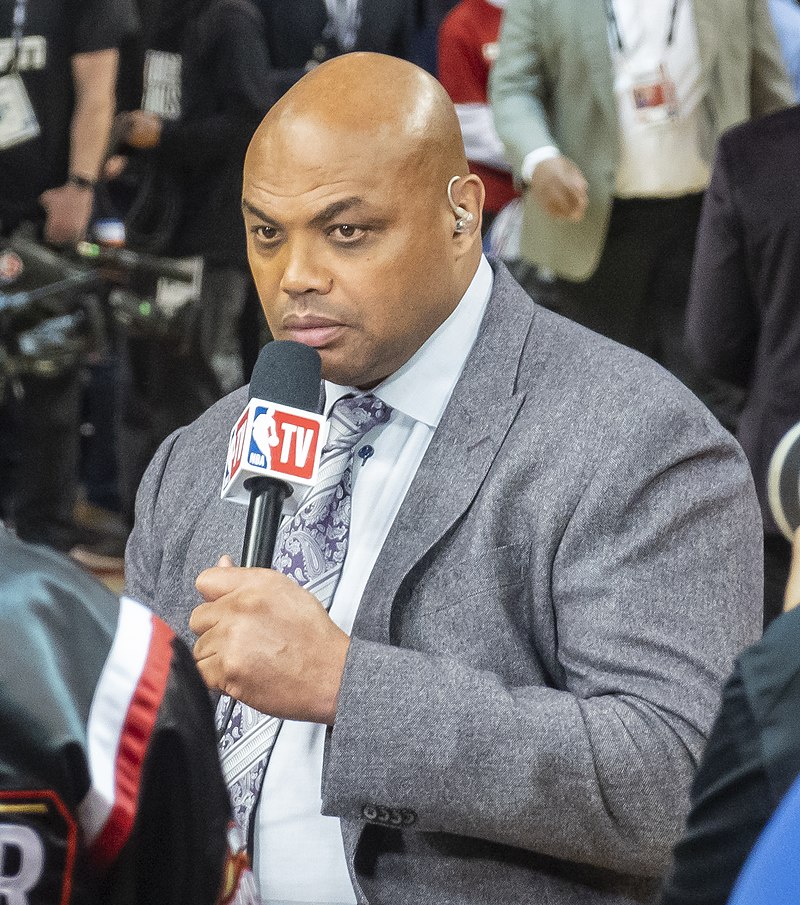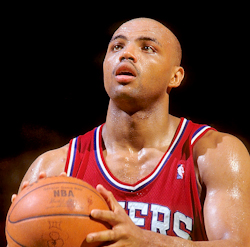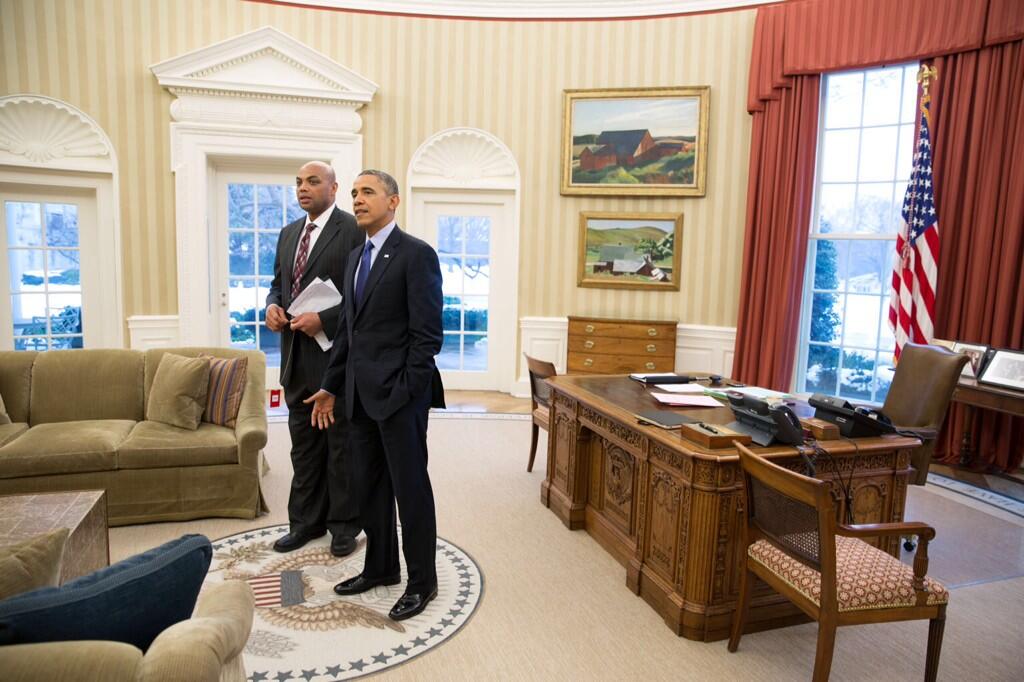Charles Barkley (Part 1)
Charles Barkley (Part 1)

Charles Barkley, born on February 20, 1963, is a retired American professional basketball player known for his aggressive style of play and remarkable rebounding and scoring abilities. Despite being shorter than most power forwards, Barkley utilized his strength and tenacity to excel in the NBA. Throughout his 16-year career, Barkley earned numerous accolades, including 11 NBA All-Star selections, 11 All-NBA Team honors, and the 1993 MVP award.
Barkley began his basketball journey at Auburn University, where he became an All-American player. He was selected by the Philadelphia 76ers as the fifth overall pick in the 1984 NBA draft. In his rookie season, Barkley made an immediate impact and was named to the All-Rookie First Team.
During his career, Barkley led the league in rebounding average in the 1986–87 season and won the rebounding title. He also earned the All-Star Game MVP award in 1991 and was named the league MVP in 1993 while playing for the Phoenix Suns. Barkley represented the United States in the 1992 and 1996 Olympic Games, winning two gold medals.
Barkley retired from the NBA in 2000, having achieved significant milestones such as surpassing 20,000 points, 10,000 rebounds, and 4,000 assists, making him only the fourth player in NBA history to accomplish this feat.
In addition to his on-court achievements, Barkley is known for his outspoken personality and controversial statements, including his assertion in 1993 that athletes should not be considered role models. After retiring from basketball, Barkley transitioned into a successful career as a television analyst, working for TNT as part of the Inside the NBA crew alongside Shaquille O'Neal, Kenny Smith, and Ernie Johnson. He has also written books and shown an interest in politics throughout his post-basketball endeavors. Barkley's impact on and off the court has solidified his status as one of the most recognizable figures in basketball history.
Charles Barkley's early life was marked by challenges and hardships. He was born and raised in Leeds, Alabama, a town east of Birmingham, where he faced racial segregation and discrimination. Barkley's birth at a segregated, all-white hospital highlighted the racial tensions of the time, and he was among the first black students to attend his elementary school.
Barkley's family life was tumultuous, with his parents divorcing when he was young. His father left the family, leaving Barkley, his younger brother Darryl, and his mother to fend for themselves. His mother remarried, but tragedy struck again when Barkley's stepfather died in an accident when Barkley was just 11 years old.
Despite these challenges, Barkley found solace and success in basketball. He attended Leeds High School, where he initially struggled to make an impact on the varsity team due to his size. However, a growth spurt before his senior year propelled him to 6 feet 4 inches tall, and Barkley quickly became a dominant force on the court. He averaged impressive statistics and led his team to a successful season, catching the attention of college scouts.
Barkley's performance in the state semi-finals caught the eye of an assistant coach from Auburn University, Sonny Smith, who recognized Barkley's talent despite his unconventional physique. Barkley was subsequently recruited to play for Auburn, where he majored in business management while continuing to excel on the basketball court.
Despite facing adversity early in life, Barkley's determination and talent ultimately paved the way for his successful basketball career, demonstrating resilience in the face of adversity.
Charles Barkley's collegiate basketball career at Auburn University was marked by his exceptional talent and unique playing style. Despite struggling with weight control, Barkley's skills on the court made him a standout player in the Southeastern Conference (SEC), earning him the nickname "The Round Mound of Rebound" and the "Crisco Kid" due to his physical size and agility.
Playing primarily as a center, Barkley defied traditional basketball norms with his height, officially listed at 6 feet 6 inches but actually closer to 6 feet 4 inches. Despite his shorter stature for his position, Barkley's dominance in rebounding and scoring made him a force to be reckoned with on the court.
Throughout his three-year college career, Barkley averaged impressive statistics, including 14.1 points, 9.6 rebounds, 1.6 assists, and 1.7 blocks per game. He led Auburn to their first NCAA tournament appearance in school history in 1984, showcasing his versatility and skill with a stellar performance.
Barkley's contributions to Auburn basketball were recognized with numerous awards and honors, including SEC Player of the Year in 1984 and selection to multiple All-SEC teams. He remains a prominent figure in Auburn's basketball history, with his jersey number 34 retired by the university in 2001.
Despite his success on the court, Barkley's college career was not without controversy. In 2010, he admitted to accepting money from sports agents during his time at Auburn, sparking debate about the ethics of amateurism in college athletics. However, Barkley maintained that he paid back the money after signing his first NBA contract, emphasizing the financial challenges faced by student-athletes.
References
- "NBA at 50: Top 50 Players". NBA.com. Archived from the original on May 4, 2019. Retrieved October 29, 2021.
- ^ "Sixers History retired numbers". National Basketball Association. Archived from the original on October 3, 2012. Retrieved May 2, 2007.
- ^ "Phoenix Suns Legends: Ring of Honor". National Basketball Association. Archived from the original on April 22, 2012. Retrieved July 10, 2007.
- ^ "NBA 75th Anniversary Team announced". NBA.com. Archived from the original on October 25, 2021. Retrieved October 29, 2021.
- ^ Slater, Anthony. "NBA 75: At No. 22, Charles Barkley's rebounding and physicality made him one of the best ever". The Athletic. Archived from the original on March 10, 2023. Retrieved March 10, 2023.
- a b "Charles Barkley: Announcer". tnt.tv. Archived from the original on August 14, 2007. Retrieved November 11, 2007.
- a b Deitsch, Richard. "Charles Barkley's uncertain broadcasting future; media notes". Sports Illustrated. Archived from the original on January 5, 2016. Retrieved March 13, 2013.
- ^ Duffy, Thomas. "'Inside the NBA' Crew Pours Champagne on Charles Barkley for Winning Sports Emmy". Bleacher Report. Archived from the original on March 6, 2019. Retrieved March 3, 2019.
- ^ Dorsey, Jesse. "Charles Barkley Wins an Emmy for Sports Commentary on Inside the NBA". Bleacher Report. Archived from the original on March 6, 2019. Retrieved March 3, 2019.
- ^ Woods, Shemar (September 11, 2015). "That time Dick Bavetta bet Tim Duncan a burger (and other stories from the NBA's longest tenured ref)". ESPN. Archived from the original on November 8, 2020. Retrieved June 23, 2021.
- ^ Misener, Darren (February 19, 2007). "Bavetta vs. Barkley: Sir Charles Reigns". National Basketball Association. Archived from the original on March 8, 2007. Retrieved March 6, 2007.
- ^ Semigran, Aly (January 8, 2012). "'Saturday Night Live' recap: Charles Barkley's third hosting gig was a missed shot". PopWatch. Archived from the original on January 9, 2012. Retrieved January 8, 2012.
- ^ "Why Charles Barkley re-signed with Inside the NBA; more Media Circus". Sports Illustrated. Archived from the original on April 1, 2019. Retrieved April 1, 2019.
- ^ "Charles Barkley on when he'll retire: 'I am looking at 60 as the end'". For The Win. March 23, 2018. Archived from the original on April 1, 2019. Retrieved April 1, 2019.
- ^ "Barkley, 'Inside the NBA' crew agree to contract extensions". AP NEWS. October 17, 2022. Archived from the original on October 19, 2022. Retrieved October 19, 2022.



















































